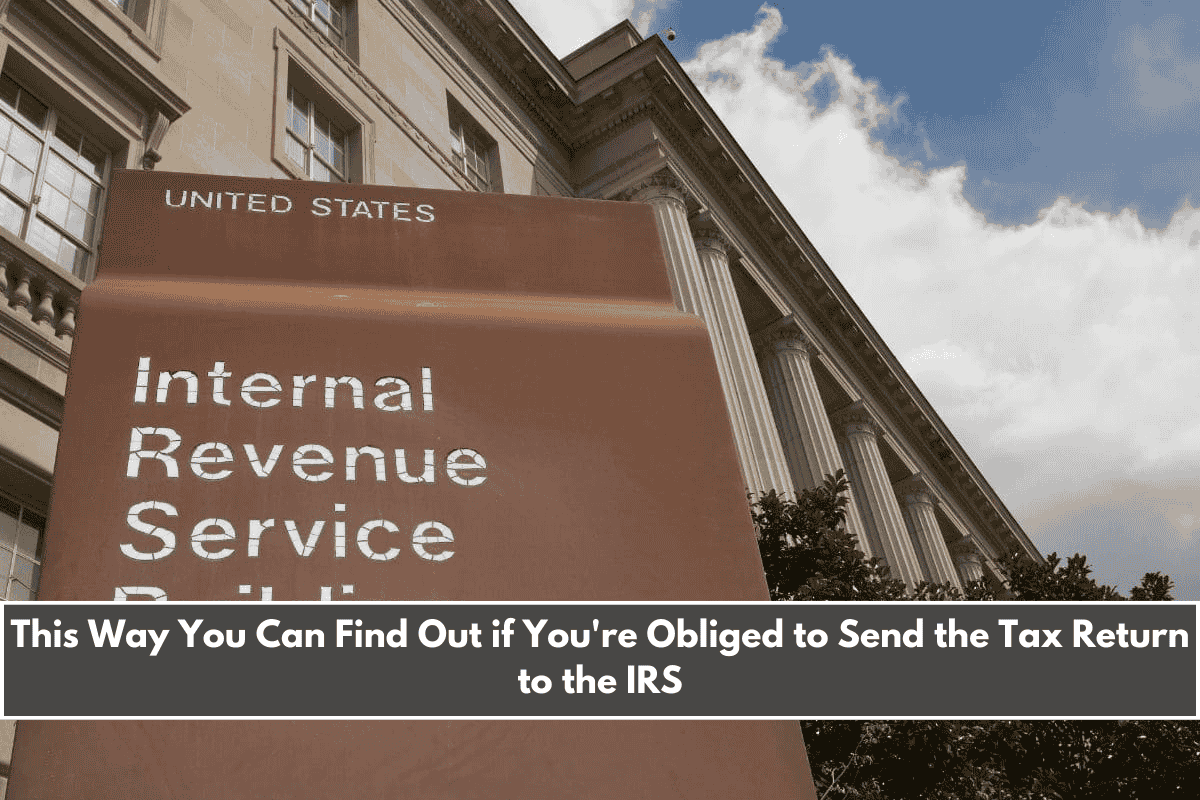As Tax Season enters its final weeks, the IRS is reminding all American workers and taxpayers about the importance of filing their tax return before the April 15 deadline. Filing your return and paying any owed taxes are key financial responsibilities. Ignoring them could lead to penalties, interest charges, and even bigger problems down the road.
But did you know that not everyone in the U.S. is required to file a tax return? While this situation is uncommon, there are a few specific cases where a person might be legally exempt from filing. Still, even if you’re not required to file, doing so might work in your favour—especially if you qualify for a tax refund.
Who Might Not Have to File a Tax Return?
The IRS has general rules about who needs to file a tax return, and it usually depends on a mix of factors like your income, filing status, age, and the type of income you earn.
You might not be required to file if:
- You earned below the minimum income threshold for your age and filing status.
- You had no special taxes owed (like self-employment tax).
- You did not have health insurance issues that need to be reported.
- You didn’t receive advance payments of certain credits (like the Premium Tax Credit).
For example, in 2025, a single person under 65 who earned less than $14,600 might not be required to file, depending on their other financial circumstances. But the exact income limits vary depending on your situation.
Why It’s Still Smart to File Anyway
Even if you’re not legally required to file, it could still be worth doing. That’s because many people who skip filing end up missing out on a tax refund. For example:
- If you had a job and your employer withheld taxes from your paycheck, filing could get you some or all of that money back.
- You may qualify for refundable tax credits, like the Earned Income Tax Credit (EITC) or Child Tax Credit, even if you didn’t owe any taxes.
- You might receive stimulus-related credits or other government payments based on your return.
So while you’re not forced to file, choosing not to could mean leaving money on the table.
Tax Deadline: When Do You Have to File?
The regular Tax Day deadline is April 15, 2025. If you’re running out of time, you can request a tax extension, which gives you until October 15 to send your paperwork.
But here’s the catch: the extension only applies to filing your return—not paying any taxes you owe. If you owe money and don’t pay by April 15, the IRS will charge interest and penalties.
That’s why it’s a good idea to estimate your taxes and pay what you can before the deadline, even if you plan to file later.
What Should You Do If You’re Not Sure?
If you’re confused about whether you need to file a tax return, you’re not alone. The IRS’s own rules aren’t always clear, and many people fall into a grey area. The safest step is to consult a tax professional or use the IRS online tools to check your specific situation.
You can also find free tax help through programs like:
- IRS Free File (if your income is under a certain limit)
- Volunteer Income Tax Assistance (VITA)
- Tax Counseling for the Elderly (TCE)
These resources are available across the U.S. and can guide you through the filing process at no cost.











Leave a Reply